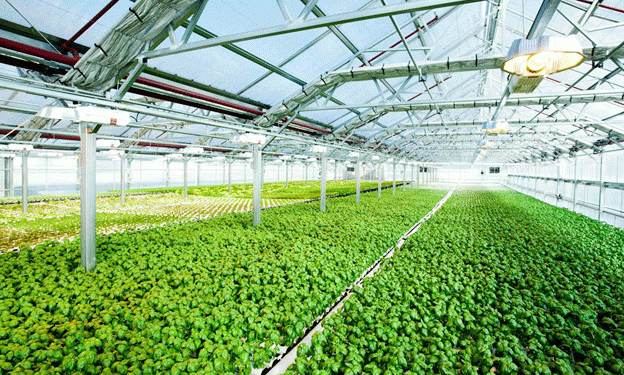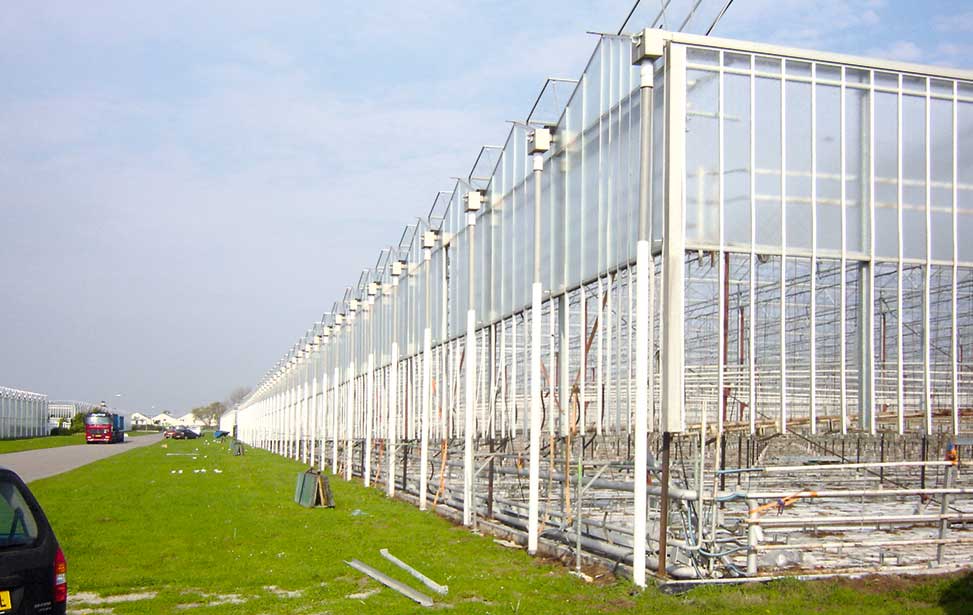In 2017, Midas Agriculture Ltd. and its sister company Agriwize sold hundreds of greenhouses and aquaponics units in Thailand, promising lucrative returns to investors. Marketed through Live & Invest Overseas, these investments were framed as a secure opportunity with a projected return on investment (ROI) of 14-19%. However, the reality has been starkly different, leaving many investors with significant losses.
The Investment Pitch and Initial Setup
Investors, many with limited horticultural experience, were drawn to this opportunity, purchasing small greenhouses for approximately €32,000 and larger ones for €45,000. These greenhouses were meant to grow tomatoes, cucumbers, peppers, leafy greens, and melons. Collaborating with neighboring Ankana Farm, the plan was to export these vegetables from greenhouses located in Chiang Mai and Pak Chong, pending the acquisition of export permits.
By 2018, the greenhouses were established, equipped with nutrient dosing systems, water treatment and irrigation systems, and more. Initially, the Chiang Mai site was designed for aquaponics, but this setup was relocated to Pak Chong due to feasibility issues.
Operational Challenges and Disappointment
The greenhouses became operational around 2018-2019, and for a brief period, production and harvesting took place. However, despite the advisory board’s claims of high-quality produce, others reported significant cultivation challenges that eventually rendered the vegetables unsellable. As a result, investors saw minimal returns, receiving only a few hundred euros.
The situation worsened on December 29, 2023, when Midas/Agriwize informed investors that they would need to remove the greenhouses at their own expense, citing force majeure reasons such as COVID-19, Chinese import competition, and rising fertilizer costs. This left investors skeptical, especially since there had been no prior financial documentation or consultation.
The Aftermath and Search for Accountability
In an attempt to salvage their investment, investors considered replacing Midas/Agriwize. During this period, the neighboring Ankana Farm was dismantled following the death of its owner, who had initially partnered with the greenhouse project. This further complicated matters, as previous agreements became null and void.
Adding to the investors’ woes, the whereabouts of equipment funded by them, such as the automated nutrient dosing system and water treatment facilities, remain unclear. Disputes over the ownership of these assets continue, with accusations that Midas/Agriwize did not use investor funds as initially promised.
Legal Battles Looming
As the situation deteriorates, investors are considering legal action against Midas/Agriwize. This case mirrors another failed investment involving inexperienced management, high costs, and potentially the impact of the COVID-19 pandemic. It underscores the importance of due diligence and transparent management in agricultural investments.
The collapse of this Thai greenhouse venture serves as a cautionary tale for investors in agriculture. Despite the promises of high returns, the combination of external challenges and internal mismanagement can lead to significant losses. Investors must conduct thorough research, ensure clear documentation, and maintain open communication with project managers to mitigate risks.










